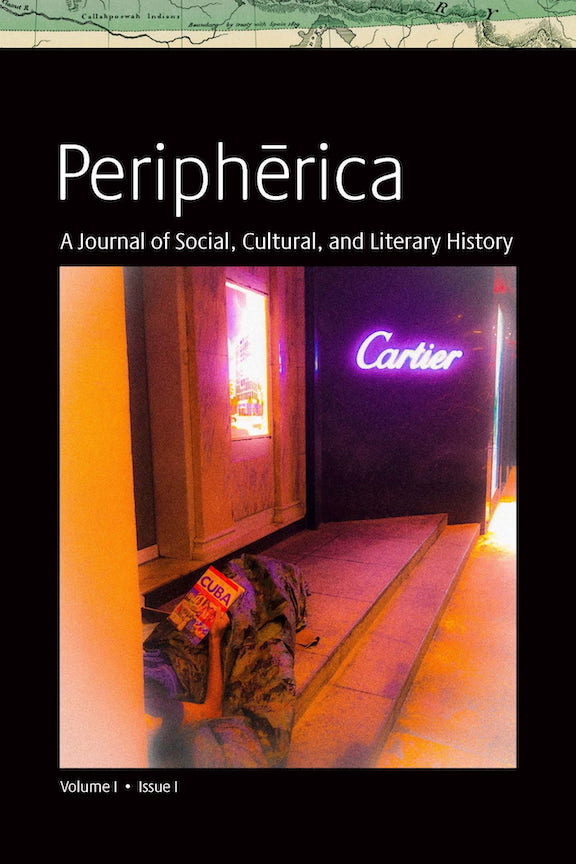Postimperial Indifference, Fragmentation, and Nostalgia in Costumbrismo.
DOI:
https://doi.org/10.5399/uo/peripherica.1.1.6Abstract
This article analyzes costumbrismo as the first literary genre to develop the notion of postimperial nostalgia in nineteenth-century Spain. The article argues that a postimperialist analysis of this literature can shed light on the rather, idiosyncratic history of nineteenth-century Spanish literature (literature of manners and historical novel > almost no realism > naturalism). It also establishes the bases for a more cultural and political understanding of nostalgia and modernity in Spain and the Hispanic Atlantic as well as the (postmodern) Global North, so that Spanish nationalism is redefined as an (in-different) postimperial discourse about colonial loss. More theoretically, the article aims at redefining nineteenth-century Spanish history in Lacanian terms by arguing that Spain as a nation is simply an imaginary formation of a symbolic order that is ultimately Atlantic and post/imperial, wherein the colonial loss points to the traumatic irruption of the Real.Downloads
Published
2019-05-31
How to Cite
Gabilondo, J. (2019). Postimperial Indifference, Fragmentation, and Nostalgia in Costumbrismo. Periphērica: Journal of Social, Cultural, and Literary History, 1(1), 143–189. https://doi.org/10.5399/uo/peripherica.1.1.6
Issue
Section
Articles



